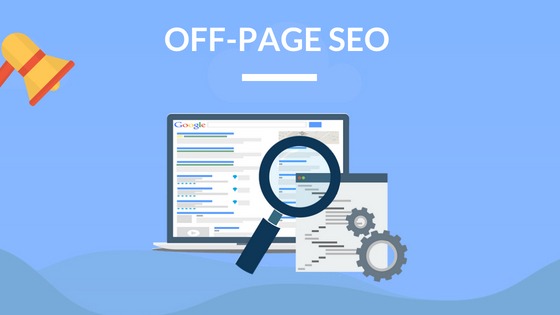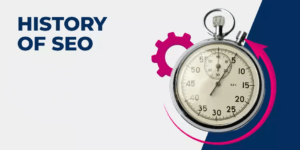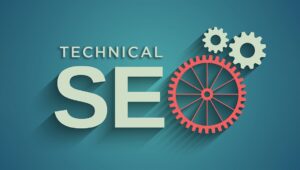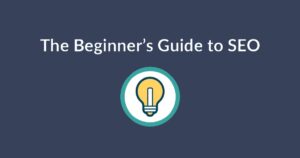Search engine optimization (SEO) is an essential digital marketing strategy that ensures a website ranks well on search engines, particularly Google.
SEO can be broadly divided into two categories: On-page SEO and Off-page SEO. While on-page SEO focuses on optimizing elements on your website, such as content and HTML structure, off-page SEO refers to the actions taken outside of your website to influence your rankings.
In this comprehensive guide, we’ll take a deep dive into off-page SEO, exploring what it is, why it matters, and the strategies you can employ to improve your website’s authority and visibility in search engine results.
Table of Contents
What Is Off-Page SEO?
Off-page SEO refers to all the activities you do outside of your website to influence its ranking in search engine result pages (SERPs). These activities help search engines, like Google, understand the trustworthiness, relevance, and authority of your website.
Off-page SEO is primarily concerned with building backlinks, but it also involves a range of strategies like social media marketing, guest blogging, influencer outreach, and brand mentions.
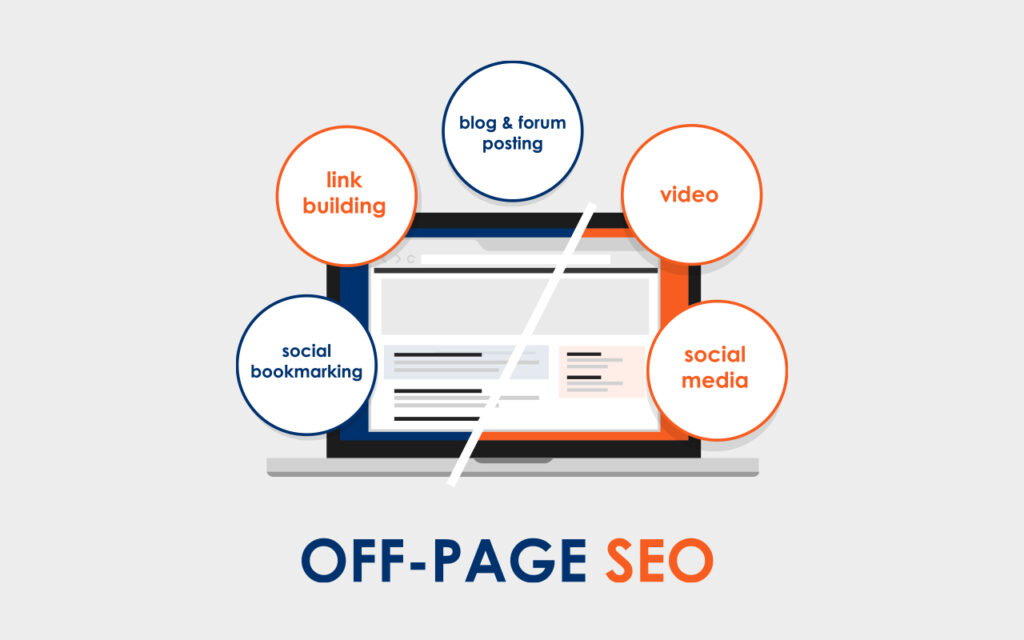
Why Is Off-Page SEO Important?
Off-page SEO signals are crucial because search engines use them to determine the authority and credibility of a website. Google’s algorithm, for instance, takes into account both on-page and off-page factors when ranking websites
While quality content and technical SEO can get you so far, you need external signals, especially backlinks from reputable sources, to build trust and authority.
On-Page SEO vs. Off-Page SEO
While off-page SEO involves optimization strategies that take place outside your website, on-page SEO focuses on tactics implemented directly on your web pages.
Here’s a brief overview of the approaches used in both on-page and off-page SEO:
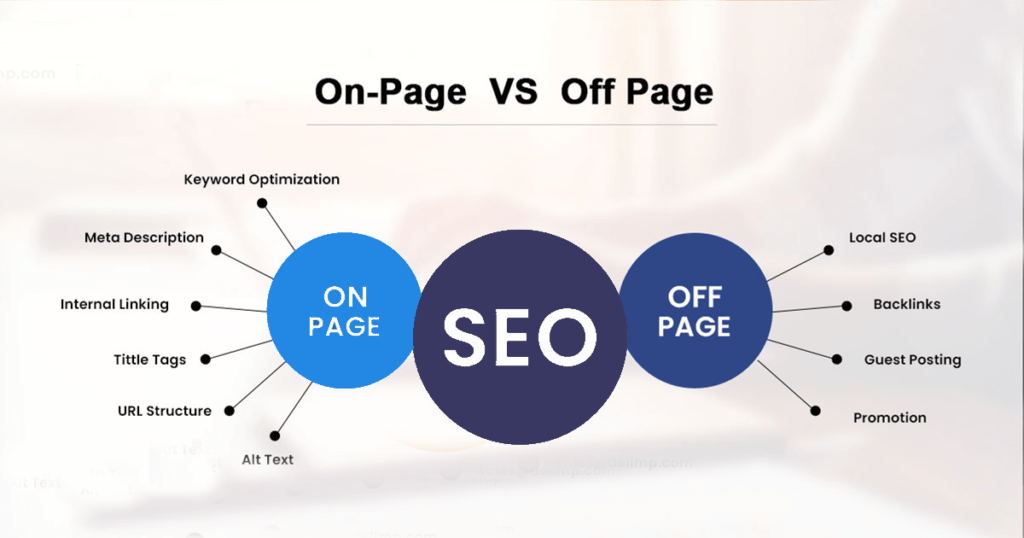
A summary of the methods involved in on-page and off-page SEO Both on-page and off-page elements are crucial for a successful SEO strategy.
Additionally, technical SEO plays a significant role, in addressing site-wide enhancements like security, page loading speeds, and mobile responsiveness, all aimed at improving your website’s search visibility.
The Core of Off-Page SEO:
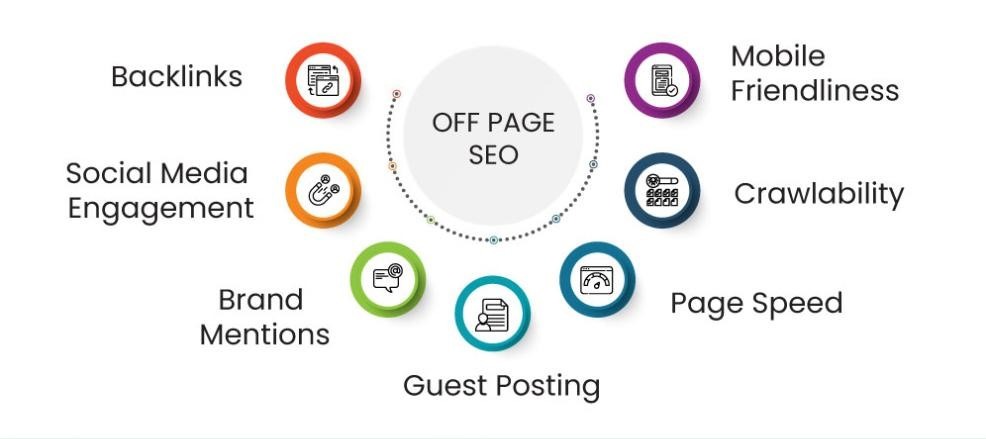
Backlinks
Backlinks, also known as inbound links, are the foundation of off-page SEO. These are links from other websites to yours, and they serve as a vote of confidence for your website.
The more high-quality backlinks your website has, the more likely search engines will view it as authoritative and rank it higher in the SERPs.
However, not all backlinks are created equal. The quality, relevance, and quantity of your backlinks matter. A link from a high-authority site (like The New York Times) will have a much more significant impact on your rankings than one from a low-authority blog.
Types of Backlinks:
- Natural Links: These are links that other websites give you without any effort on your part. For example, a blogger may come across your content and link to it because they find it valuable. These are the best types of backlinks because they are earned naturally.
- Manually Built Links: You earn These links through deliberate outreach efforts, such as reaching out to influencers or websites and asking them to link to your content.
- Self-Created Links: These are backlinks created by manually adding your link to forums, blog comments, or directory listings. While they can be easy to acquire, they are often viewed with suspicion by search engines, especially when used excessively. These links can sometimes lead to penalties if viewed as spammy.
Key Off-Page SEO Factors
While backlinks are the most significant factor in off-page SEO, other critical elements contribute to your site’s authority, trustworthiness, and relevance.
1. Social Signals
Social media plays an important role in off-page SEO. While links from social media platforms (such as Facebook or Twitter) do not directly affect SEO in the same way backlinks do, they can help in a few ways:
- Increased visibility: When your content is shared on social media, it reaches a broader audience, which can lead to more organic backlinks.
- Brand awareness: Strong social signals can increase your brand’s recognition, indirectly contributing to better search rankings over time.
- Referral traffic: Social media can drive direct traffic to your website, increasing engagement and reducing bounce rates, which can positively impact your rankings.
2. Brand Mentions
Brand mentions, even when they don’t include a backlink, can serve as off-page SEO signals. If your brand is being discussed online, search engines like Google may take note of this, which can help improve your search visibility.
These mentions could occur in articles, blogs, or on social media platforms.
Tools like Google Alerts can help you track when your brand is mentioned online. While unlinked brand mentions don’t have as much SEO weight as backlinks, they are still considered positive signals that contribute to your website’s authority.
3. Guest Blogging
Guest blogging is a strategic off-page SEO tactic where you write articles for other websites within your industry or niche. When done correctly, guest blogging can provide several benefits:
- Quality backlinks: You typically include a link back to your website in the author bio or within the content.
- Increased exposure: Guest blogging can expose your brand to a wider audience, driving traffic to your website.
- Authority building: Contributing valuable content to authoritative websites can improve your reputation and trustworthiness.
However, be cautious with guest blogging, as Google penalizes websites that engage in guest blogging solely for backlinking purposes without providing real value.
4. Influencer Marketing
Collaborating with influencers in your industry can be a powerful off-page SEO strategy. Influencers often have loyal followings, and when they mention or link to your website, it can lead to more backlinks, brand mentions, and social media shares.
A strong influencer endorsement can generate significant traffic and increase your website’s visibility.
When choosing influencers, it’s essential to work with those who align with your brand and target audience. Quality matters more than quantity in influencer marketing for off-page SEO purposes.
5. Forum Posting and Community Engagement
Engaging in online forums, discussion boards, and communities can help establish your authority within a specific niche. While these platforms are not primarily for link-building, they offer a way to contribute valuable insights and build a reputation in your industry.
However, beware of using forums strictly for self-promotion. Search engines may flag links as spam if they appear to be placed solely for SEO purposes. Instead, focus on genuinely contributing to conversations and link back to your website only when it is relevant and helpful.
6. Online Reviews and Reputation Management
Online reviews and ratings, particularly on sites like Google My Business, Yelp, or Trustpilot, can impact your off-page SEO.
Positive reviews build trust with both search engines and potential customers, influencing local search rankings and conversions.
Responding to reviews, whether positive or negative, shows that your brand values customer feedback, which can also enhance your reputation online. Additionally, a high volume of positive reviews signals trustworthiness to search engines.
7. Directory Listings and Local SEO
For businesses with a physical presence, local SEO is a significant part of off-page SEO. Getting your business listed in directories like Google My Business, Yelp, and Bing Places can help improve your visibility in local searches.
These directory listings should include accurate business details like your address, phone number, and website URL. Being featured in local directories can boost your website’s authority in your geographic area and help you reach more customers through localized search queries.
Off-Page SEO Best Practices
While many off-page SEO strategies seem straightforward, it’s easy to make mistakes that could harm your site’s rankings. Below are some best practices to ensure your off-page SEO efforts are effective and beneficial for long-term success.
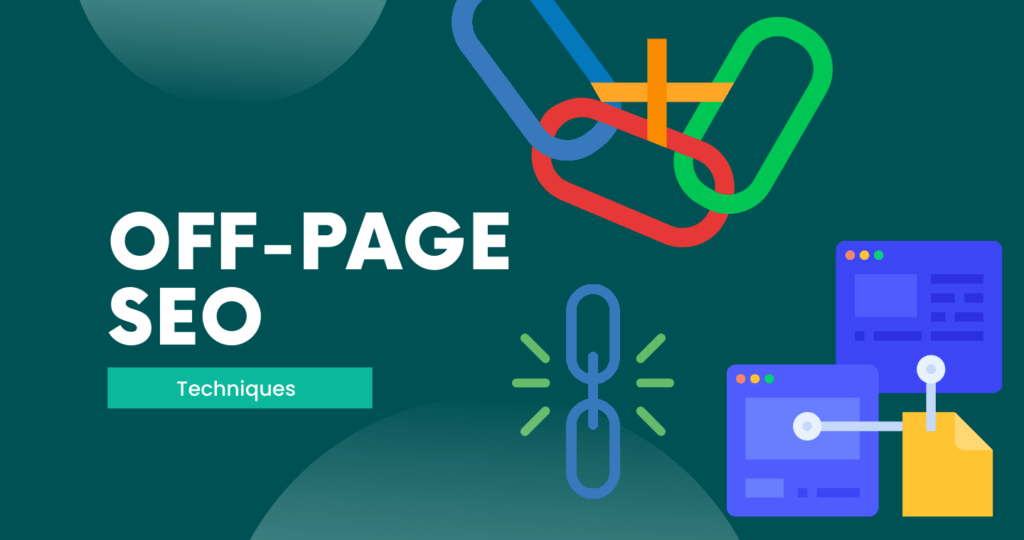
1. Focus on Quality, Not Quantity
When it comes to backlinks, quality always trumps quantity. Instead of building as many links as possible, focus on acquiring high-quality backlinks from reputable, authoritative websites. A single link from a high-authority site can be more valuable than dozens of low-quality links.
2. Diversify Your Link-Building Strategy
Relying on just one type of backlink or off-page SEO strategy can be risky. Google’s algorithm looks for a variety of link types and signals to assess your website’s authority.
Make sure to diversify your backlink profile by acquiring links from multiple sources like guest posts, social media, forums, and directories.
3. Avoid Black Hat SEO Tactics
Black hat SEO techniques, like buying links, using link farms, or engaging in excessive link exchanges, may result in short-term gains, but they can lead to severe penalties from Google. Always adhere to white hat SEO practices to build long-term success.
4. Monitor Your Backlink Profile
It’s essential to keep track of your backlink profile to ensure you’re not accumulating toxic or spammy links. Tools like Ahrefs, Moz, and SEMrush can help you monitor your backlinks and identify any problematic links that could harm your rankings. If necessary, you can disavow harmful links using Google’s Disavow Tool.
5. Maintain Consistency
Off-page SEO is a long-term strategy that requires consistent effort. You should continually seek opportunities for building backlinks, engaging on social media, and creating valuable content that attracts organic links.
Tools for Off-Page SEO
To streamline your off-page SEO efforts, several tools can help you track backlinks, monitor brand mentions, and identify link-building opportunities. Some of the most popular off-page SEO tools include:
- Ahrefs: A comprehensive tool for analyzing backlinks, tracking competitors, and identifying link-building opportunities.
- Moz: Offers a suite of SEO tools, including backlink analysis and domain authority tracking.
- SEMrush: Provides insights into your backlink profile, brand mentions, and organic traffic.
- BuzzSumo: Helps identify influencers in your niche and tracks social shares for content marketing.
Closing remarks
Off-page SEO is a crucial component of any successful SEO strategy. It focuses on building authority, trust, and credibility through external factors such as backlinks, brand mentions, social media signals, and influencer marketing.
By incorporating off-page SEO best practices into your overall marketing plan, you can improve your website’s visibility, rankings, and organic traffic over time.
Remember, off-page SEO is a marathon, not a sprint. Consistent effort and attention to quality will yield the best long-term results for your website’s search performance.

